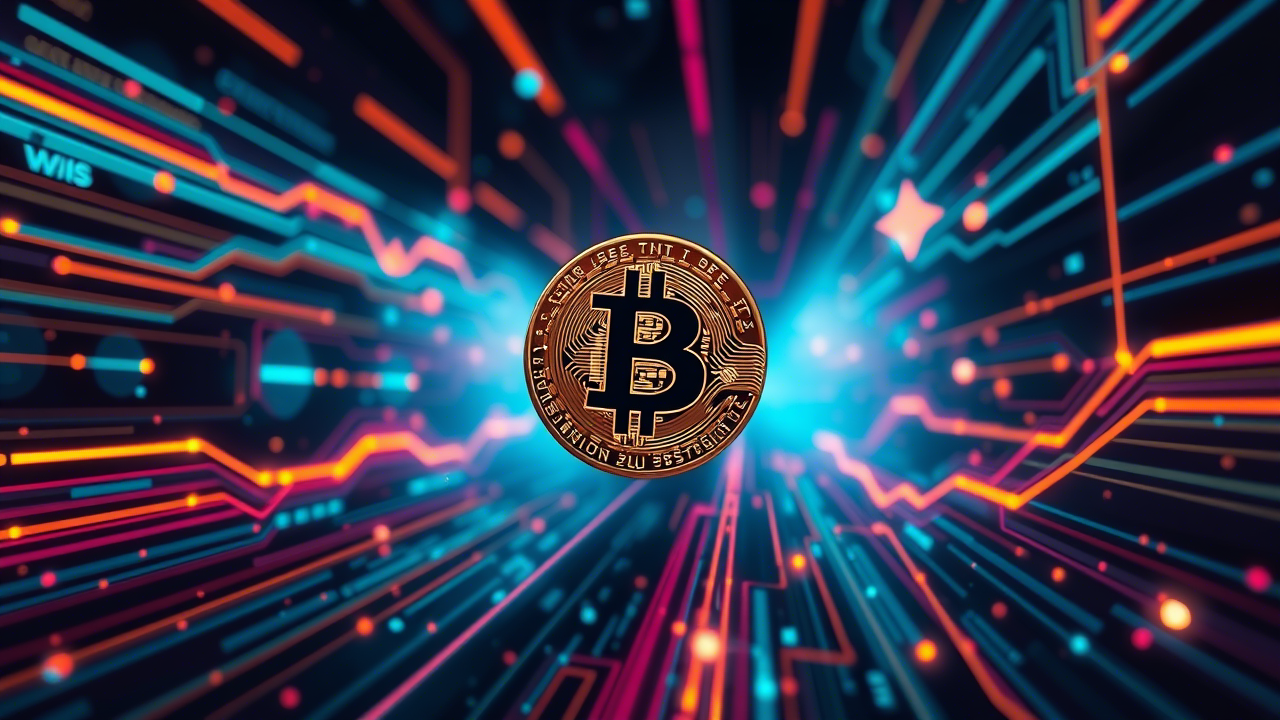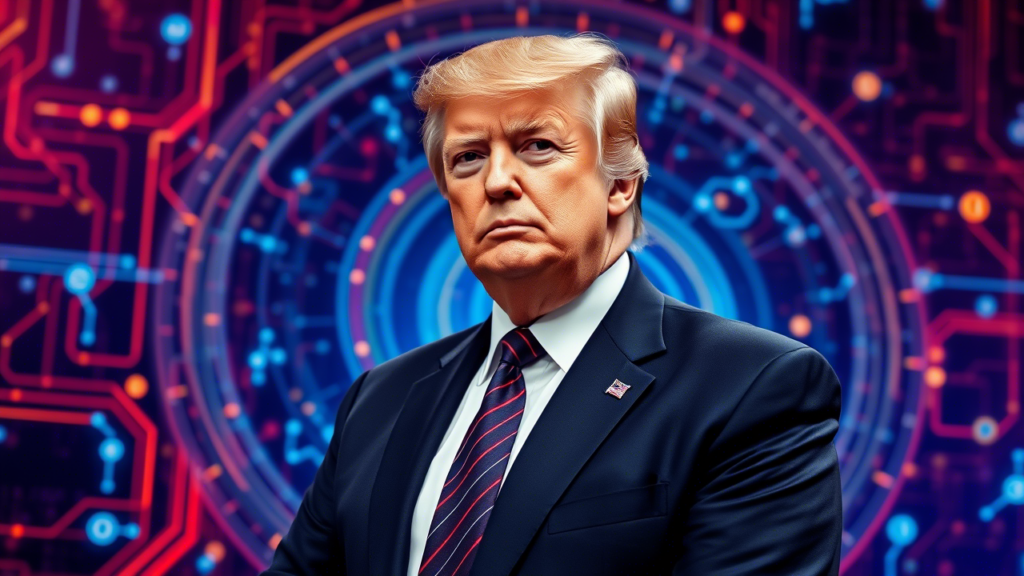Alright, let’s start with the basics. Cryptocurrency is a type of digital money that you can use to buy stuff or trade online — but unlike the cash in your wallet or coins in your piggy bank, it’s completely digital. When we talk about crypto and blockchain, cryptocurrency is the star player. It’s money that lives on the internet, protected by really smart math and computer code.
You’ve probably heard of Bitcoin — it’s the very first and most famous cryptocurrency. Think of Bitcoin like digital gold. Then there’s Ethereum, another big name, which is a bit more than just money; it lets people build apps and games on its network too.
So, why do people use cryptocurrency? For starters, it’s fast and can be used worldwide without needing banks or middlemen. Some folks like it because it’s private, and no one can freeze your account or charge you extra fees. Others see it as a way to invest or even as a cool new way to support artists or gamers online. Whether you want to send money to a friend, buy digital art, or just learn about the future of money, cryptocurrency is where a lot of the action is happening.
What Is Blockchain?
If cryptocurrency is the star of the show, blockchain is the behind-the-scenes tech that makes the whole thing work — think of it like the stage, the lights, and the director rolled into one.
So, what is it exactly? Imagine a super long notebook (like, never-ending long) that keeps track of every single crypto transaction ever made. But here’s the twist: instead of one person holding the notebook, everyone has a copy. That’s the blockchain — a digital ledger that’s open to the public, but locked up tight so no one can cheat or erase the past.
Every time someone sends or receives cryptocurrency, that info goes into a “block.” Once that block is full of data, it gets chained to the one before it (yep, block + chain = blockchain). It’s all recorded in real time and spread out across computers around the world — which means no single person or company is in charge, and it’s super hard to mess with.
Why does this matter? Because it keeps crypto safe, honest, and transparent. No shady edits. No sneaky double-spending. Just a super secure system where everyone plays fair — and that’s why crypto and blockchain are such a big deal. It’s like group project energy, but nobody can slack off.
How Do You Get Crypto?
So you’re into crypto and blockchain — awesome. But how do you actually get your hands on some digital coins? Don’t worry, it’s not like mining for gold with a pickaxe. Here are the main ways teens (and adults) are jumping in:
🛒 Buy It (If You’re Old Enough)
If you’re 18+ (or have a parent/guardian who’s crypto-curious), you can buy crypto through apps called exchanges. These are like online marketplaces where you swap dollars for digital coins.
Popular exchanges include:
Heads up:
- You’ll need to verify your identity (no fake names here).
- Only use trusted platforms — and never share your login info.
- Start small. Crypto can be volatile, so don’t toss in your entire savings.
🎮 Earn It (Yep, That’s a Thing)
Buying isn’t the only way. You can also earn crypto by doing fun or useful stuff online. No credit card needed.
Ways to earn:
- Play-to-earn games (yes, games that actually pay)
- Freelance work (like writing, designing, or coding for crypto)
- Learn-to-earn platforms (watch videos or take quizzes = free crypto)
This is perfect for teens who want to dip a toe in without spending real-world cash.
🔐 Store It (Don’t Skip This!)
Okay, you’ve got some crypto — now what? You’ll need a wallet to keep it safe. But it’s not like your Velcro one from 6th grade.
Crypto wallets are apps or physical devices that store your private keys — aka, the secret code that proves you own your coins.
Related: Crypto Industry Now Mobilizes Against Perceived Quantum Threat
Types of wallets:
- Hot wallets (apps like MetaMask or Trust Wallet — easy but connected to the internet)
- Cold wallets (USB-style devices like Ledger or Trezor — more secure, but a bit less convenient)
Important tips:
- Never share your recovery phrase (your wallet’s master password).
- Back it up. Twice.
- If you lose access to your wallet, there’s no “forgot password” button.
Owning crypto means you are in charge. That’s awesome — but it also means it’s up to you to keep it safe. So whether you’re buying, earning, or both, get a solid wallet, protect your keys, and don’t fall for scams.
How Does Crypto Work?
Okay, you’ve got some crypto and a wallet. But how does this whole thing actually work when it comes to sending or receiving it? Don’t stress — it’s not rocket science. It’s more like digital mail, just cooler.
📬 Sending and Receiving: Like Email, but With Money
Think of crypto like email… if your email could move money around the world in seconds.
- To receive crypto, you give someone your public address (like your crypto email).
- To send crypto, you just need their public address and your own wallet.
Hit send, and boom — your crypto zips across the blockchain and lands in their wallet. No banks, no middlemen, and no awkward waiting for wire transfers.
🔐 Public Keys vs. Private Keys: What’s the Deal?
These two are a dynamic duo, and they’re the magic behind how crypto works.
- Public key: Like your username. It’s okay to share. It lets people send crypto to you.
- Private key: Like your password. NEVER share this. It’s how you access and control your crypto.
When you send crypto, your private key “signs” the transaction to prove it’s really you. Kinda like a digital autograph that can’t be forged.
🚨 Keep Those Keys Safe, Seriously
Losing your private key is like losing the keys to your house and forgetting where you live. You’re locked out for good. And if someone else gets it? They can drain your wallet.
Here’s how to protect yourself:
- Use a trusted wallet that stores your keys securely
- Back up your recovery phrase (a set of 12 or 24 secret words)
- Don’t store your keys in a notes app or online doc — hackers love that
Crypto and blockchain are all about putting you in control. That’s exciting, but it also means there’s no customer support button to fix your mistakes. So take your key safety seriously — future-you will thank you.
Cool Uses of Crypto and Blockchain
Let’s be real — when most people hear “crypto and blockchain,” they picture graphs, charts, and a lot of confusing buzzwords. But here’s the twist: crypto is actually being used for stuff that’s super fun, creative, and even kinda wild.
Art That Lives on the Blockchain
Artists and designers are turning their creations into NFTs, which makes them ownable, sellable, and even collectible. Whether it’s a digital doodle or a full-on masterpiece, blockchain gives creators a way to make money without needing a gallery or middleman. Some teens have made thousands selling pixel art or meme-based NFTs.
Music, But Make It Decentralized
Musicians are now using blockchain to drop exclusive tracks as NFTs. Imagine owning a limited-edition album cover that only 100 fans have — or getting a shoutout from your favorite artist for being an early supporter. Some artists even include perks like merch or behind-the-scenes access with their NFT releases.
Related: Stablecoin Liquidity Cools Following $300B+ Market Peak
💡 Other Cool Stuff
Crypto and blockchain tech isn’t just about making money — it’s changing the way we connect and create.
- Virtual worlds (like Decentraland) where people buy land and build digital homes
- Proof of ownership for everything from sneakers to concert tickets
- Donations and fundraising that are transparent and fast
From gaming loot to music drops, crypto and blockchain are reshaping how teens interact with tech, creativity, and community.
Staying Safe with Crypto
Alright, real talk: crypto and blockchain might sound super exciting (and they are), but like any corner of the internet, there are bad actors out there looking to mess with your stuff. So before you start diving in, let’s make sure you know how to keep your digital coins safe.
Scams Are Everywhere — Stay Sharp
Just because it looks fancy or sounds official doesn’t mean it’s legit. Scammers are slick. They’ll DM you fake giveaways, send you links to “claim free crypto,” or pretend to be wallet companies like Ledger asking you to “verify” something. If it feels even a little sketchy — it probably is.
Your Private Keys = Your Power
When you set up a crypto wallet, you’ll get a “private key” or a secret recovery phrase (usually 12 or 24 random words). This is your golden ticket. Lose it, and you’re locked out forever. Share it, and someone else can take everything.
So remember:
- Never share your private key with anyone.
- Don’t store it in a screenshot or on your Notes app.
- Write it down and keep it somewhere safe — think: locked drawer, not Instagram Story.
Stick With Wallets and Apps You Can Trust
There are tons of crypto apps out there, but not all of them are trustworthy. Before downloading anything, check reviews, make sure it’s from the official site, and ask around if you’re not sure. Good wallets have two-factor authentication (2FA) and don’t ask you for your private key randomly.
Bonus Tip: If someone promises guaranteed profits or says “just send me some ETH and I’ll double it” — hard pass. That’s a classic scam move.
Crypto and blockchain are about empowerment, not getting duped. Learn the basics, trust your gut, and protect your keys like they’re your phone, your password, and your diary all rolled into one.
The Future of Crypto and Why It Matters to You
So, why should you care about crypto and blockchain? Simple — they’re not just internet buzzwords. They’re reshaping how we use money, play games, create art, and even own stuff online.
As the internet shifts toward a more open, creator-friendly world (hello, Web3), crypto gives you the tools to earn, share, and build — without needing banks, middlemen, or big platforms calling the shots.
You don’t need to be a coder or investor to get started. Just stay curious, learn the basics, and explore safely. This tech is growing fast, and you’re growing up right alongside it. Why not be part of what comes next?












